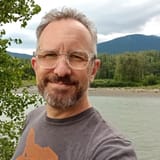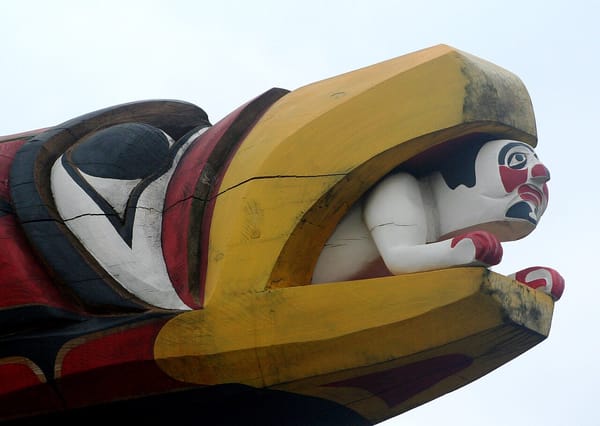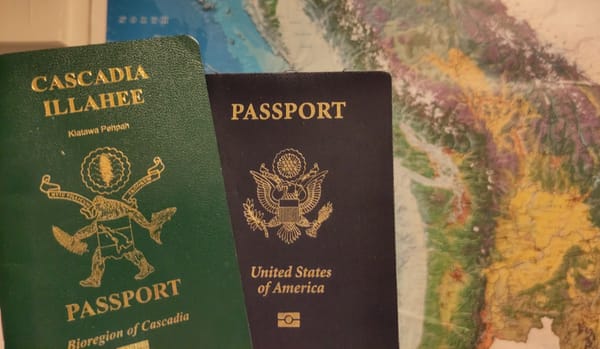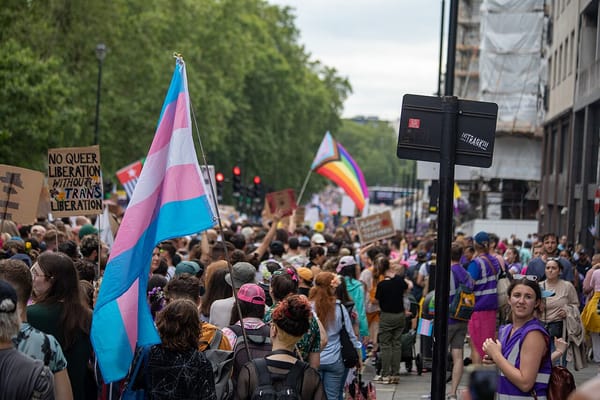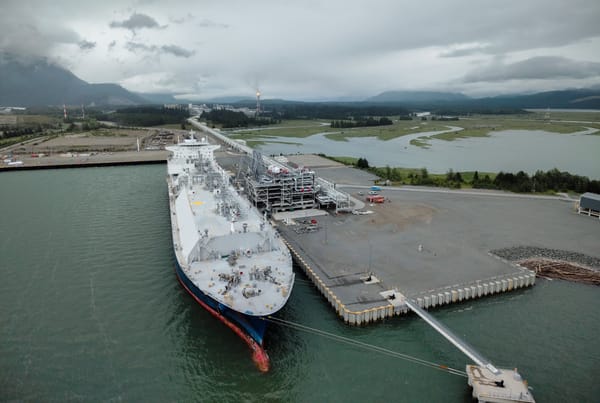Our priceless public lands
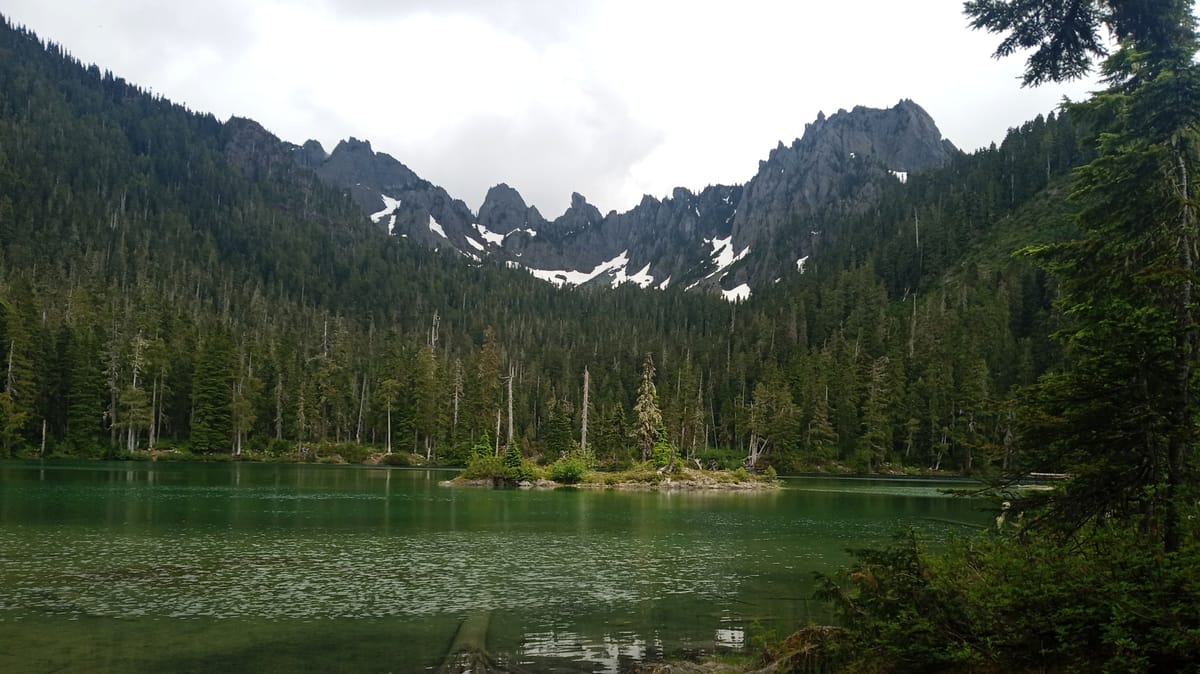
In the frenzy to pass a federal budget that slashes funding for Medicaid, food assistance, and education, Senator Mike Lee, chair of the committee on Energy and Natural Resources, introduced a plan that would have forced the sale of between 2 and 3 million acres of Forest Service and Bureau of Land Management lands across the West. More than 21 million acres in Oregon, 5 million acres in Washington, and 21 million acres in Idaho could have been eligible for sale.
Over the Fourth of July weekend I went for a solo backpacking trip to Flapjack Lakes in the southeast corner of Olympic National Park. Though the trail I hiked wouldn't have been for sale (national parks were exempt), many of the adjacent lands, including forests along the shores of Lake Cushman, could have been auctioned off.
Lee's plan didn't make it into the budget, thanks to loud pushback from hunters, anglers, hikers, mountain bikers, and people across Cascadia who believe public lands are for the public, not to be sold off to private developers to build resorts and vacation homes.
The lake I hiked to wasn't especially crowded – maybe it was the abundant mosquitoes or the fact I got there a few days before Independence Day. It was peaceful to get away, reading, writing, and watching trout jump in the clear waters of the lakes. I took a day hike up to Gladys Divide, at 5,o50 feet, where the views to snowy peaks all around were sublime.
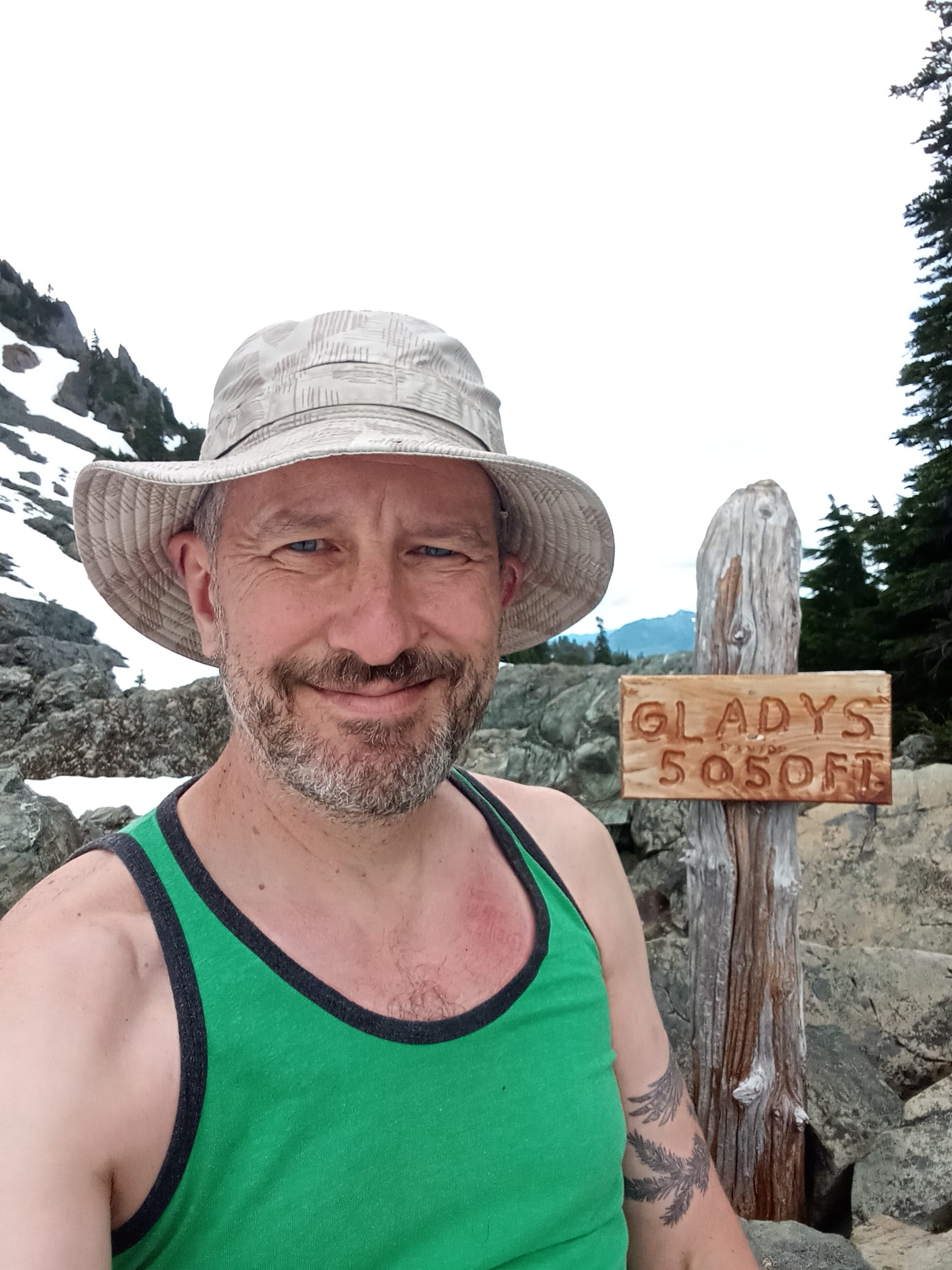
Shortly after I returned home to Seattle, the human-caused Bear Gulch wildfire broke out on the shores of Lake Cushman, closing the road to trailhead where I'd just been a few days earlier, and burning more than 400 acres. As of Friday afternoon, it's still burning.
Here in Cascadia, we appreciate wild lands, and for many of us, the outdoors and the rich ecology of our mountains and forests is one of the reasons we live here. And unlike bean-counting Republicans focused on auctioning off land to help pay for tax cuts for billionaires, we'll have none of that, thanks. We're also familiar with the risks and effects of wildfire and know that the solution isn't logging it all or building some private golf courses.
This won't be the last time someone will propose a selloff. Wealthy east coast Republicans like Trump see our land as a source of profit, something to exploit through mining, logging, or tourism. They haven't hiked its ridges or fished its streams and don't know what it is to see alpenglow on surrounding peaks at sunset.
As supreme court justice, Cascadia resident, and outdoor lover William O. Douglas once wrote,
“If the sun sets clear, there is a moment before the mountain is swallowed up by the darkness when it is brightly luminous, incandescent, a startling ball of cold light. When the full moon rises, the distant snow fields dimly reflect a golden glow. Then the mountain seems so far, so remote, as to belong to another world.”
There are plenty of reasons to protect public lands in Cascadia – ecological, economic, recreational, and even spiritual. I believe those who live here are better suited to manage those lands, independent of the United States, where the policy shifts with each new administration. We know the value of those lands – especially the Indigneous people who have lived in Cascadia since time immemorial and appreciate that the land and water are finite resources that need to be protected.
As Alyssa Macy, director of Washington Conservation Action and a citizen of Confederated Tribes of of Warm Springs has said,
“If there is anyone in the Pacific Northwest who has been fighting for water, salmon, lands, it’s Indian people. This is Indian Country. These are truly Native lands. The tribes here lead."
We would do better to follow their lead rather than wealthy politicians in the other Washington.
--Andrew Engelson

